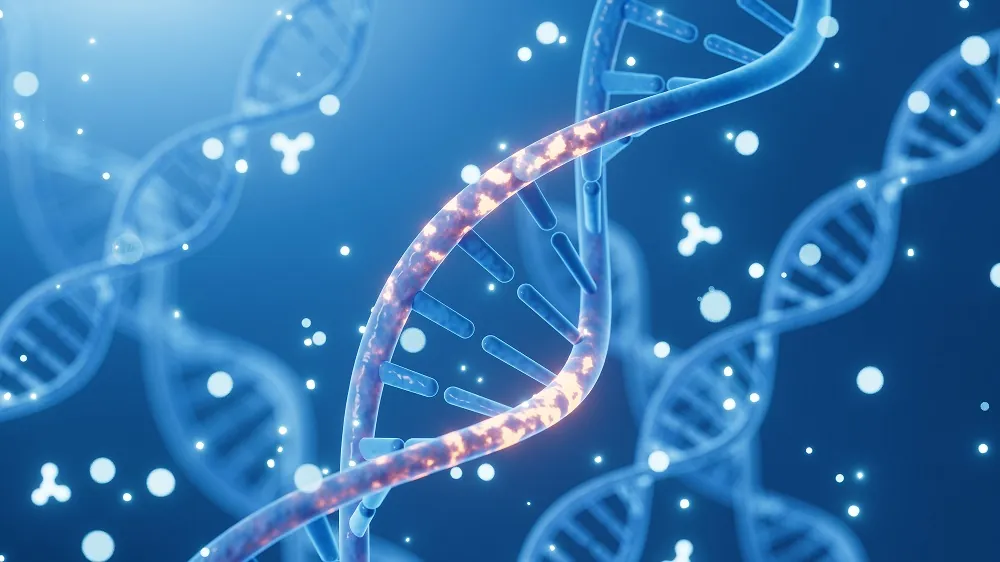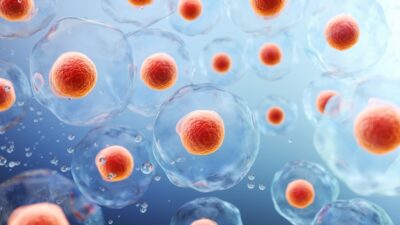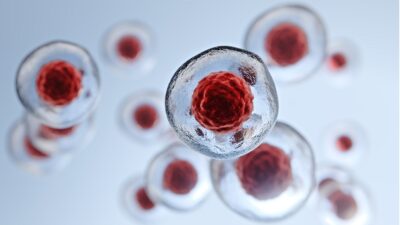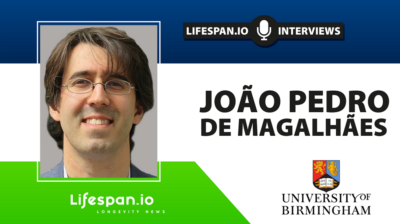New Aging Clock May Be Most Accurate to Date
- The DeepMAge DNA methylation clock has a 2.77-year margin of error.

These days, it seems like you cannot go for a walk without tripping over another aging clock, and today is no exception. DeepMAge, a DNA methylation aging clock developed using deep learning, has recently been created by the Hong Kong-based company Deep Longevity.
There are two common ways to measure age: biological and chronological. The former is a measure of how old you are in biological terms, a measurement of damage and function, and the latter is how many candles on your birthday cake you have and the number on your driver’s license.
Obviously, for researchers investigating ways to slow or reverse the aging processes, biological age is the most important. Having accurate clocks that measure biological age can help researchers to develop drugs and therapies that address these processes, as they make it possible to predict an increase in lifespan without having to wait decades for a person to die.
In our cells, gene expression is activated by hypomethylation (a loss of methylation) or silenced by hypermethylation (an increase of methylation) at a gene location. Aging causes alterations that reduce or increase methylation at different gene locations. These changes produce methylation profiles that are fairly consistent with different age groups; in other words, the methylation profile of a young person is markedly different from that of an old person. This makes it possible to analyze the methylation profile of a person and use it to estimate how old that person is. Methylation changes are part of epigenetic alterations, one of the reasons we age.

Read More
This recent publication shows that DeepMAge has been trained to estimate human age within a 2.77-year margin of error, using 4,930 blood DNA methylation profiles to estimate biological age. The researchers claim that this is the most accurate clock for human aging currently available.
ConclusionDNA methylation aging clocks have become an invaluable tool in biogerontology research since their inception in 2013. Today, a variety of machine learning approaches have been tested for the purpose of predicting human age based on molecular-level features. Among these, deep learning, or neural networks, is an especially promising approach that has been used to construct accurate clocks using blood biochemistry, transcriptomics, and microbiomics data—feats unachieved by other algorithms. In this article, we explore how deep learning performs in a DNA methylation setting and compare it to the current industry standard—the 353 CpG clock published in 2013. The aging clock we are presenting (DeepMAge) is a neural network regressor trained on 4,930 blood DNA methylation profiles from 17 studies. Its absolute median error was 2.77 years in an independent verification set of 1,293 samples from 15 studies. DeepMAge shows biological relevance by assigning a higher predicted age to people with various health-related conditions, such as ovarian cancer, irritable bowel diseases, and multiple sclerosis.
The more clocks we can use as reliable biomarkers of biological age, the better. There is an urgent need in the field to identify accurate biomarkers that can measure the biological age of a person and track the changes that interventions cause.







